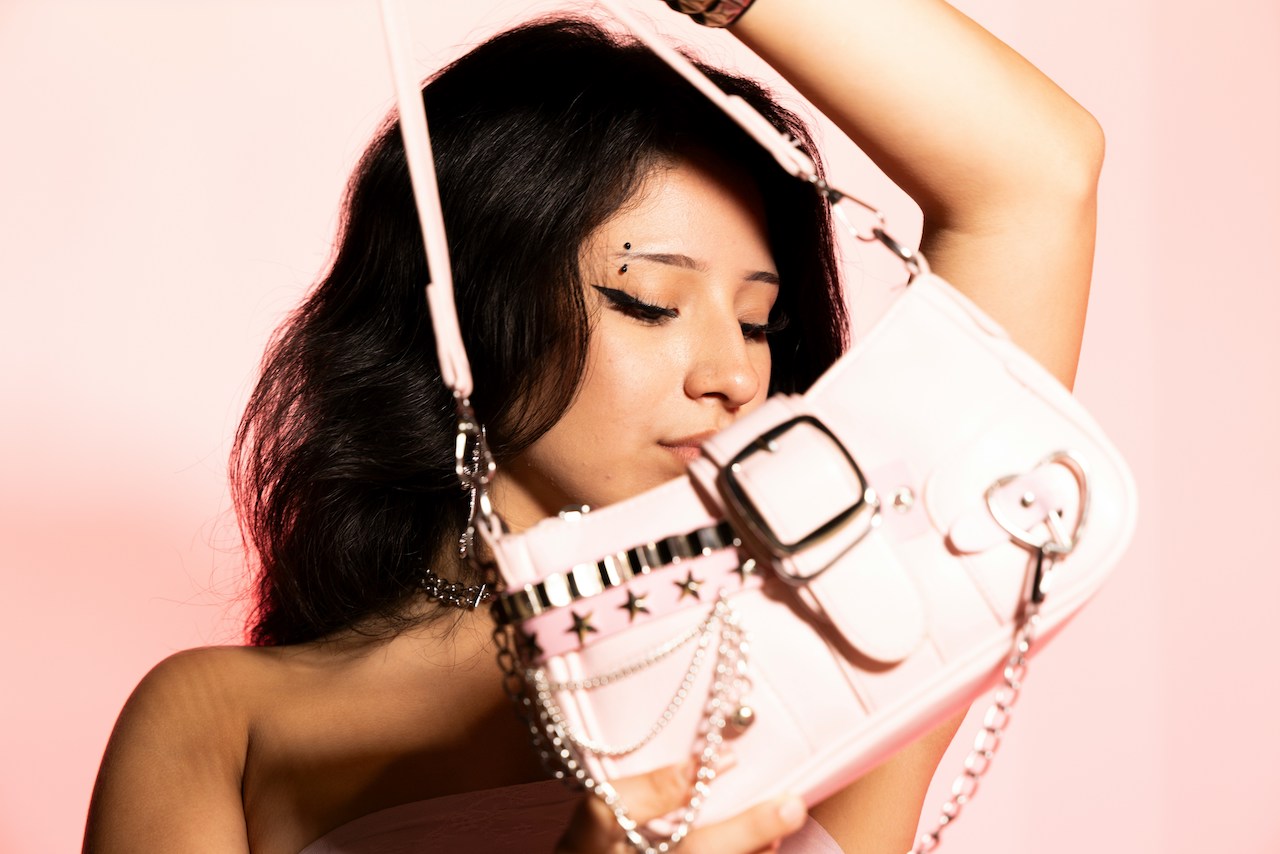Words by Rubie Barker
For those looking to start shopping more sustainably, Depop has long been a place to turn. With an interface designed for an app, for a long time, it dominated the second-hand clothing market among the younger generations, with a cleaner feel than eBay and far less hassle. But last year it was announced that the company, founded in 2011, would be purchased by Etsy for $1.625 Billion. The app reached new heights during the pandemic, more than doubling its sales in 2020, but in a post-pandemic world, with consumer habits shifting, could this be the end for Depop?
The purchase of Depop by Etsy does highlight an issue with the app. Etsy is a site for people and companies to sell their products and is a marketplace for their businesses, which if anything is partly what Depop has become. Instead of being a place where users sell clothes they no longer wear, to help them live more sustainably, a habit has emerged for some users to buy clothes to sell on for large profits. In July of this year Refinery 29 released an article labeling Depop as ÔÇÿgentrified’.┬á For many users, Depop has gotten expensive, overrun with people buying clothes cheaply at charity shops and then selling them on for profit. Depop then seems to have lost its way as a site with a mission to ÔÇÿcreate a community-powered fashion ecosystem that’s kinder on the planet and kinder to people’, but with inflated prices is it really about the people and planet? Or has it become a place for people to make profit?
There are other apps out there with similar missions to Depop, like Vinted and Poshmark. Should they be preparing for a fall in numbers too? Currently, Depop’s website boasts over 26 million members worldwide, while Vinted claims they have 65 million globally, more than double. For some Vinted is the way forward, as they move away from a perhaps over complicated Depop. On Vinted, items are generally cheaper, users pay for the shipping and the app doesn’t feel overrun with people selling repurposed clothes or ÔÇÿvintage and rare’ pieces. Vinted does seem to be filling a gap that the change in Depop has created.
While Depop lost ┬ú85 million in 2021, it should be noted that Vinted has also suffered losses. Perhaps then for Depop, it is not just the change in the way its users are using the app but the way in which consumers are buying second-hand clothes. After the pandemic, consumers were allowed back into shops to see the clothes they were buying, try on items before they purchased them and browse around a store. With this and the rising interest in sustainable shopping, there has been an emergence of sustainable clothing shops. Even within Cathays itself two have appeared since the pandemic. BootySale in Cardiff’s own SU is a brilliant example of this, offering students a place to sell their clothes and buy others ÔÇÿwithout the hassle’ and people to walk round and browse before parting with their money (@booytsale on IG).┬á
With Love Island ditching its normal partner of fast fashion brands and opting to make its official fashion partner eBay, it is clear that the market is still growing for sustainable fashion. Generation Z are not shunning sustainability, but simply looking for it in different places than generations before and as the cost-of-living crisis grows, selling on clothes no longer worn and looking for cheaper alternatives in new clothes, second-hand clothes shopping is not disappearing. While Depop has created the blueprint for online sustainable shopping, perhaps it is time to let someone else take up the mantle.


